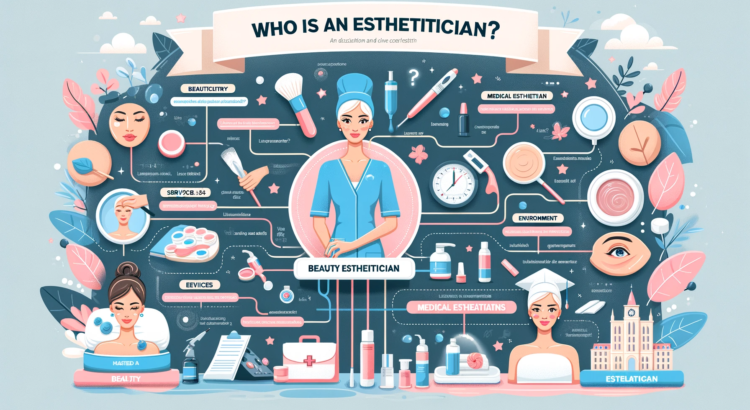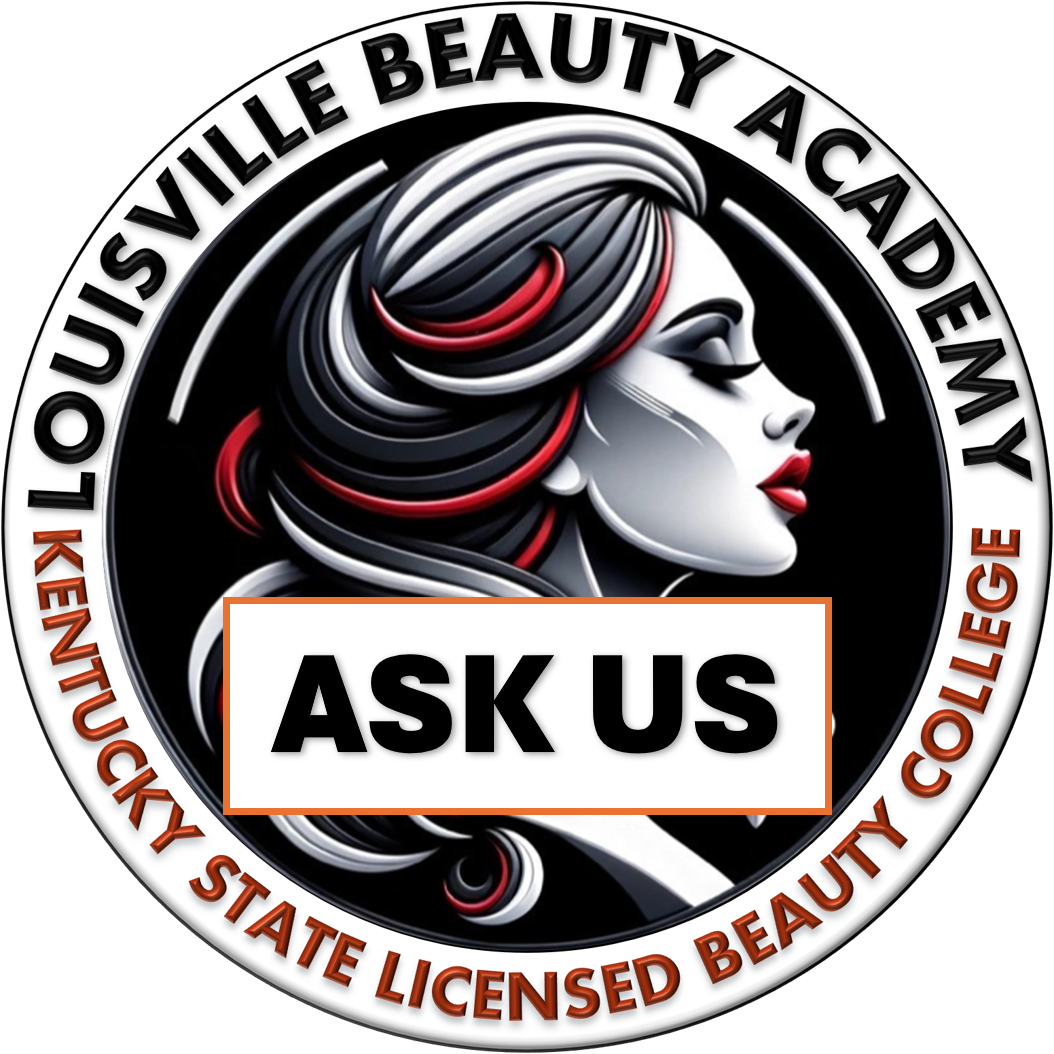Introduction: In the diverse world of skincare and beauty, estheticians stand out as professionals dedicated to enhancing and maintaining the health and appearance of the skin. However, this broad field branches into two distinct areas: beauty estheticians and medical estheticians. While they share foundational skills and licensing, their roles, environments, and areas of expertise vary significantly.
Defining the Role of an Esthetician
Estheticians, also known as skin care therapists, are experts in a range of services aimed at improving skin health and appearance. Their skill set includes facials, skin assessments, body treatments, hair removal, and makeup application, backed by a deep understanding of skin anatomy, product chemistry, and client care.
The Distinct Paths: Beauty and Medical Estheticians
- Beauty Esthetician:
- Primary Focus: Concentrates on cosmetic treatments that enhance beauty and offer relaxation.
- Typical Services: Facials, body wraps, exfoliation, waxing, and makeup application are common offerings.
- Work Environment: Beauty estheticians are often found in spas and salons or working independently in beauty-centric settings.
- Training Background: Their training revolves around cosmetic skin treatments, emphasizing beautification and relaxation.
- Medical Esthetician:
- Primary Focus: Specialized in more clinical skin care treatments, often collaborating with medical professionals.
- Typical Services: Engages in medical-grade procedures like chemical peels, laser treatments, and microdermabrasion.
- Work Environment: Medical estheticians are typically employed in healthcare settings, including dermatology clinics and plastic surgery centers.
- Training Background: Beyond standard esthetic training, they often receive additional education in medical procedures and skin conditions.
Unified Licensing, Divergent Careers
Both types of estheticians begin their careers with the same basic education and state licensing requirements, which involve an accredited esthetician program and a state board examination. However, medical estheticians usually pursue further training tailored to medical skincare procedures.
Conclusion: Choosing Your Esthetician Path
Your choice between a career as a beauty or medical esthetician should align with your personal interests and professional ambitions. If the beauty and relaxation aspect of skincare appeal to you, pursuing a career as a beauty esthetician is ideal. On the other hand, if you are intrigued by the medical side of skincare and wish to work in a healthcare setting, becoming a medical esthetician may be more fitting. Regardless of the path chosen, both roles offer the fulfilling opportunity to positively impact individuals’ skin health and self-esteem.






